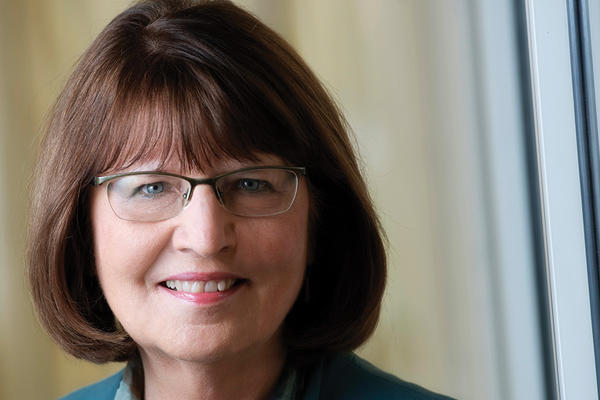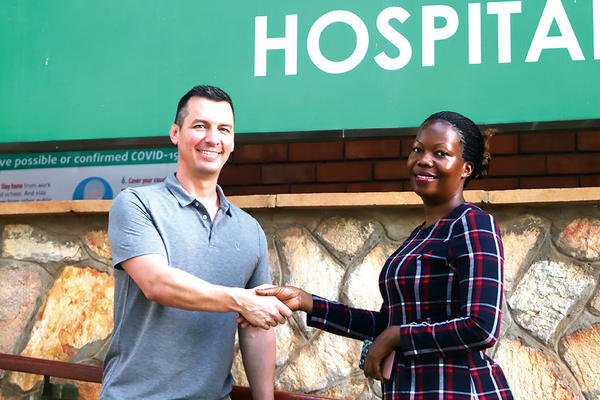Remote Monitoring in Alzheimer’s Care Studied
August 10, 2015
Can remote monitoring technology help people with Alzheimer’s disease and other dementia-related conditions live independently longer and reduce their caregivers’ stress? The School of Nursing was awarded a $1.2 million grant by the federal Agency for Healthcare Research and Quality to conduct a five-year research demonstration project to help answer these questions.
“We are testing the potential of this relatively simple technology to improve the safety and quality of life for people with Alzheimer’s disease and dementia. Equally important is its potential to help relieve the stress and burden of family caregivers,” said Joseph E. Gaugler PhD, professor at the School of Nursing. “In Minnesota alone, there were an estimated 248,000 family members, caring for a loved one with Alzheimer’s disease who provided approximately 282 million hours of unpaid care in 2014. So you can see the emotional and economic impact this disease has, not only on the person with memory loss, but for the family and the entire community.”
Gaugler says reducing stress is a pressing health issue, as heightened family caregiver stress is linked to a number of negative outcomes for the both the caregiver and the person receiving help. Caregiver stress can increase negative mental health, impair the immune system, and result in greater health care use on the part of the caregiver as well as expedite residential care placement for the ailing relative.
The remote monitoring system includes sensors, placed discreetly throughout the home. The system is programmed to establish normal activity levels based on an individual’s daily patterns and can then detects significant behavior changes in activities like sleep, toileting, movement, eating and other key health indicators. These are often early indicators of acute illness or the worsening of chronic conditions.
Family members can access the monitoring system using their phones, iPads or laptops. More importantly, the system is custom-programmed according to the family’s needs to send alerts to caregivers when certain activities or behaviors are detected.
Gaugler and his team will review alerts that are issued by the system, as well as collect data via surveys and interviews with family members.
Caregivers of loved ones with Alzheimer’s disease or memory loss interested in enrolling in this study may contact Gaugler at gaug0015@umn.edu or 612-626-2485. Enrolled participants who are randomly assigned to receive the remote monitoring system can use it for free for 1.5 years.
The project is being conducted in partnership with Healthsense, the manufacturer of the technology, and The Lutheran Home Association.


